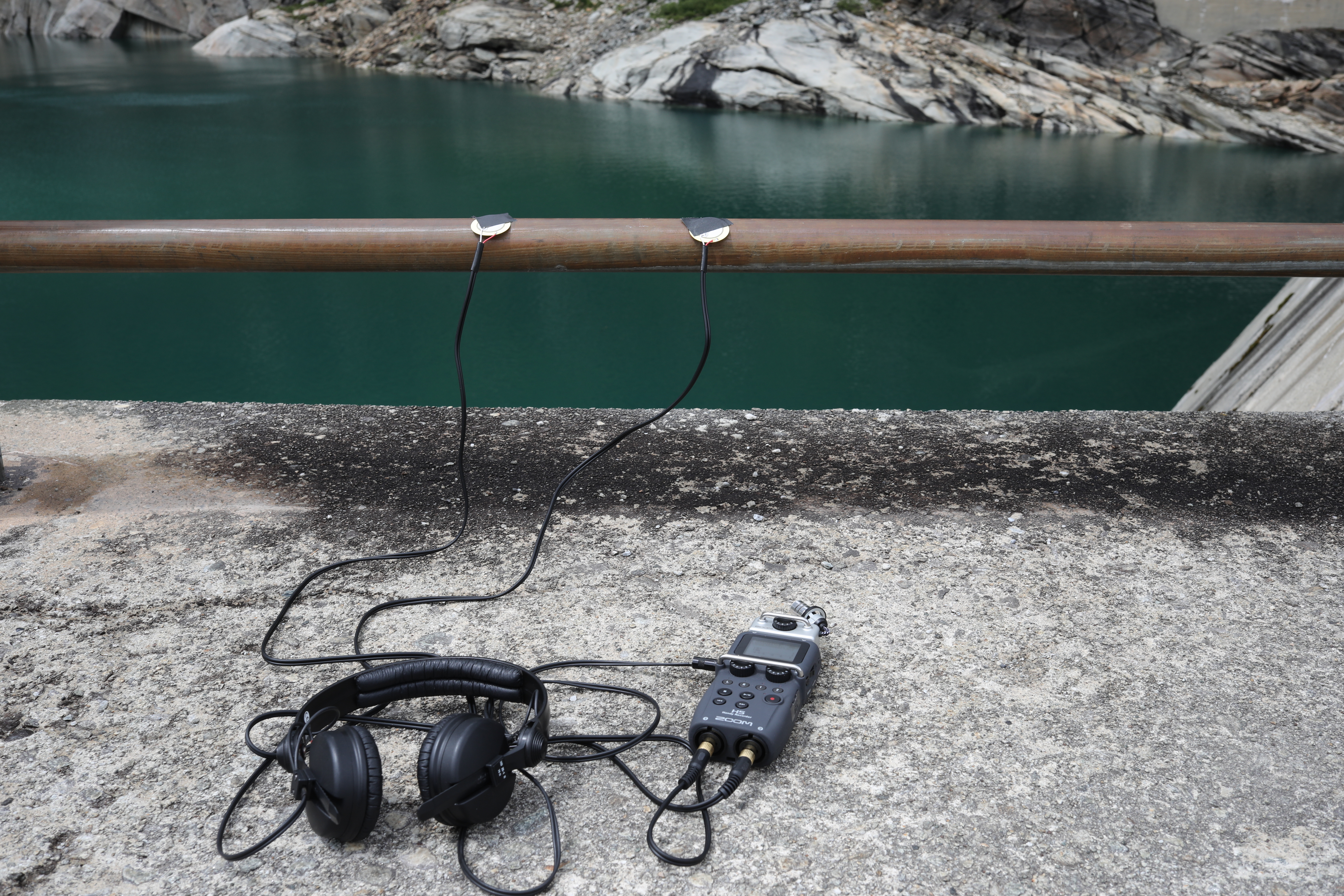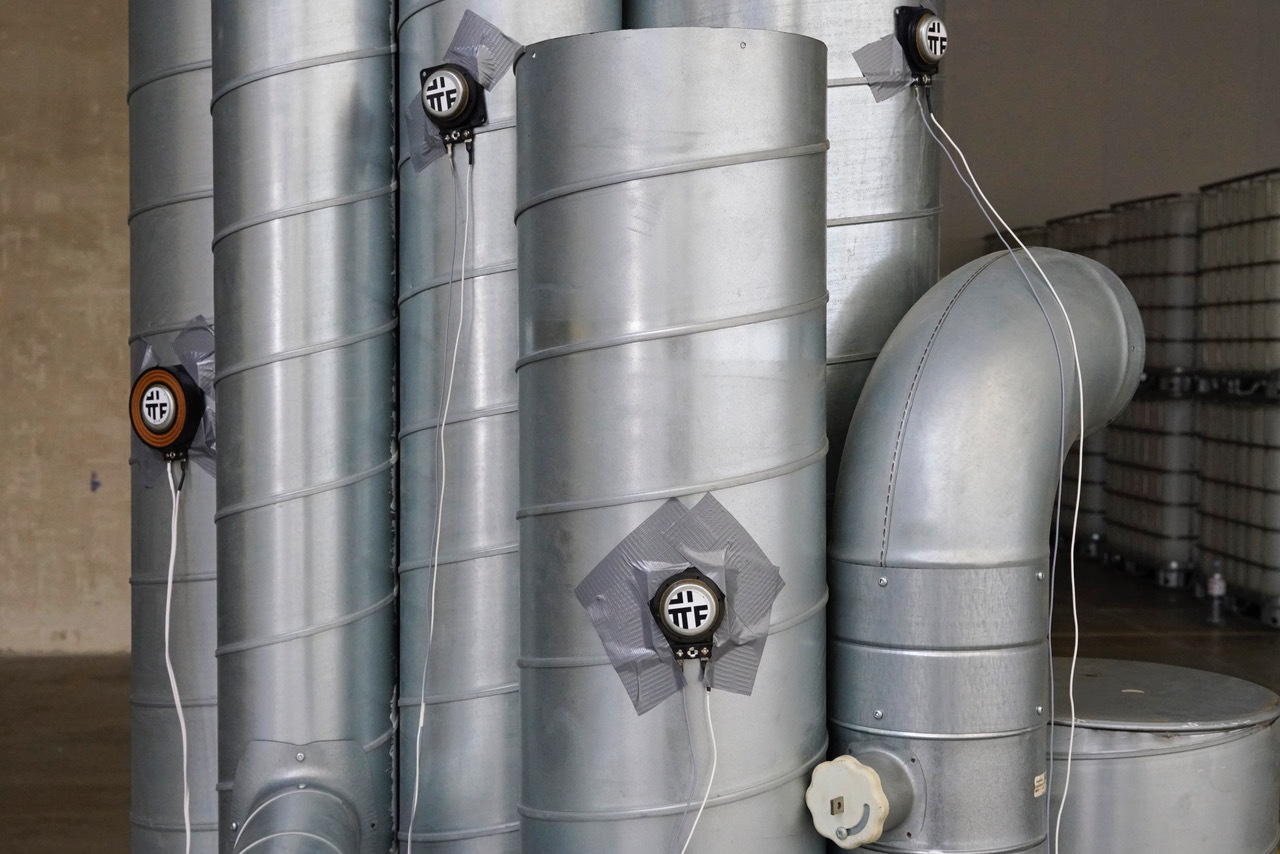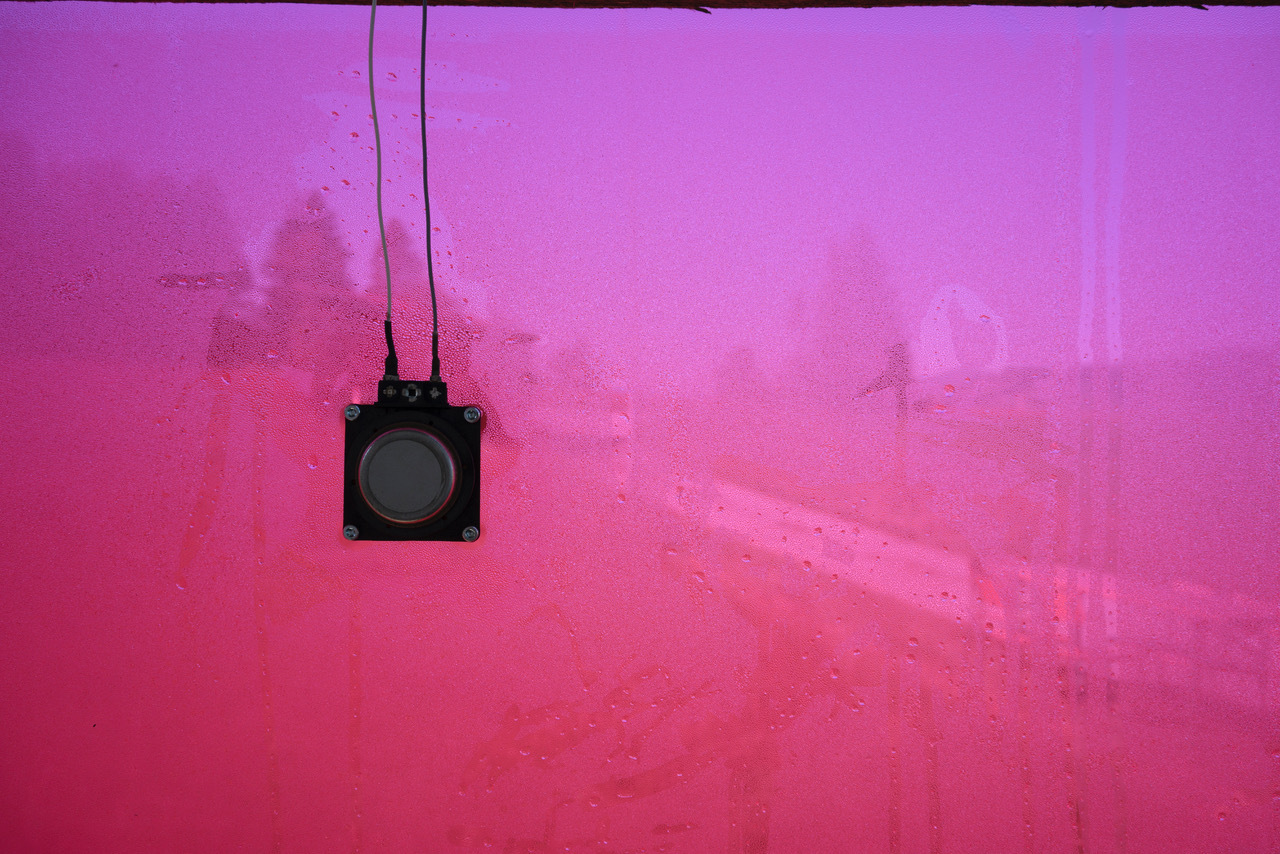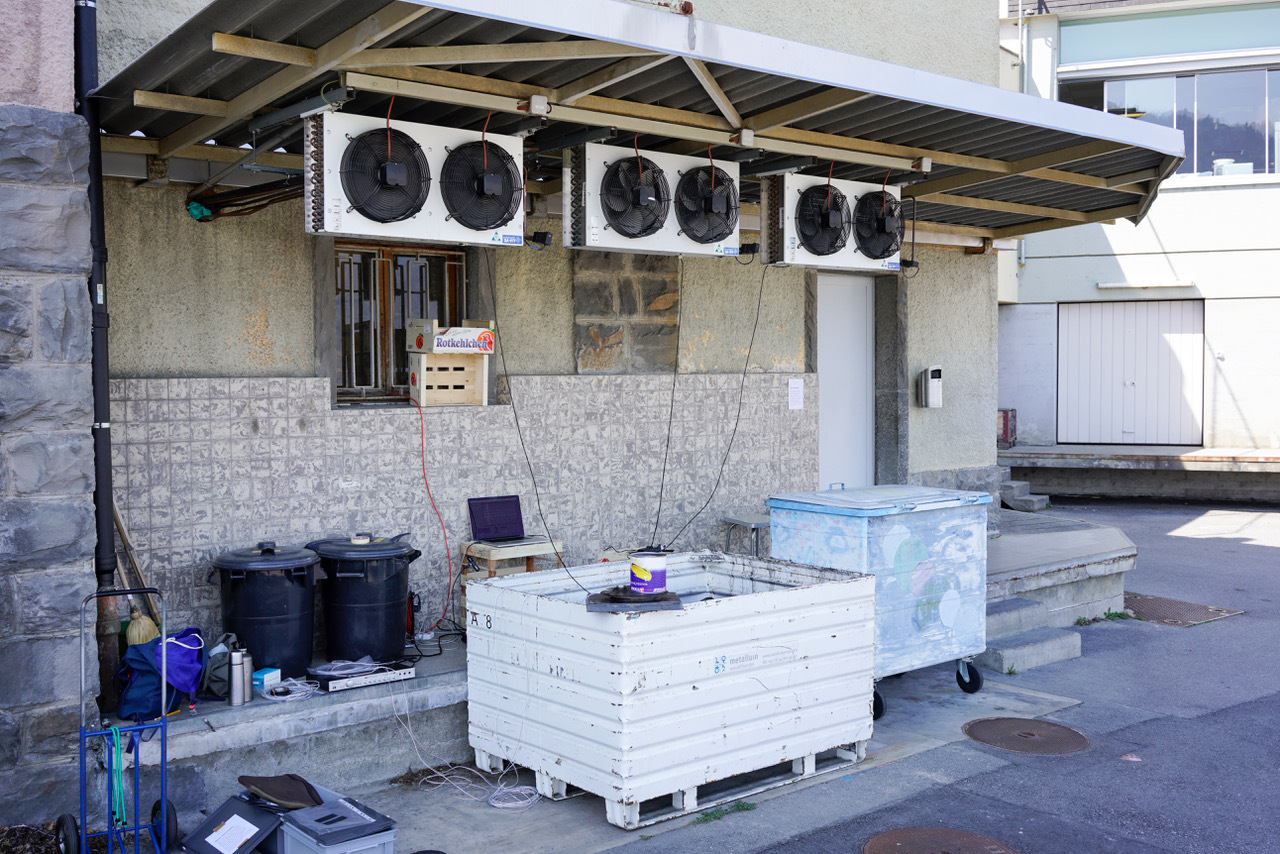Listening | Sounding | Thinking




- Responsible
- Contact
- Participation
The group is open to other members who would like to actively participate in the group's activities.
The work group 'Listening / Sounding / Thinking' follows the ideas of the Sound Studies – an interdisciplinary field of research that has long been primarily concerned with the emergence of the term 'sound' in Western modernity. Current studies, however, critically analyse and reflect sound and listening practices in relation to race, colonialism, gender and the ecological crisis (e.g. Voegelin, 2021). Many sound studies scholars describe listening as a practice in which sound becomes a political medium (Kanngieser, 2015).
With the question of aesthetic perception of cultural landscapes – we as the 'Listening / Sounding / Thinking' working group would like to cultivate active listening. At the same time, we understand the term 'cultural landscape' as landscapes co-produced by human beings and thus also include urban spaces in our considerations. The aesthetics of cultural landscapes is dominated by the visual, having said this, there is a need to 'move the aesthetics beyond the visual' (Jørgensen & Jørgensen, 2018), as we do not perceive the world with our eyes alone. Our research is primarily dedicated to infrastructures and the soundscapes co-produced by humans. Using the terms 'Listening / Sounding / Thinking', we want to approach the audible and inaudible networks of our society.
Field recording plays an important role as a central practice: acoustic field recordings were originally developed as part of a documentary approach in anthropological field studies. With the introduction of digital and portable recording technologies, it became an independent artistic (research) practice in the field of sound art (Chattopadhyay, 2017)
The group's working method is shaped by its name:
Listening – Field Recording as practice and method: visiting places/projects together, making field recordings
Sounding – Field recordings as material: Listening sessions; listening to and critically reflecting on recordings and works
Thinking - field recording as a means of intensifying knowledge: reading texts together; discourse
References
Chattopadhyay, B. (2017). Talking Field: Listening to the Troubled Site, Journal of Artistic Research, Issue 13.
Jørgensen, D., & Jørgensen, F. (2018). Aesthetics of Energy Landscapes. Environment, Space, Place, 10, 1.
Kanngieser, A. (2015). ‘Geopolitics and the Anthropocene: Five Propositions for Sound’. GeoHumanities, 1 (1): 80–85.
Voegelin, S. (2021). Sonic Possible Worlds: Hearing the Continuum of Sound, Revised Edition. Bloomsbury Academic.
